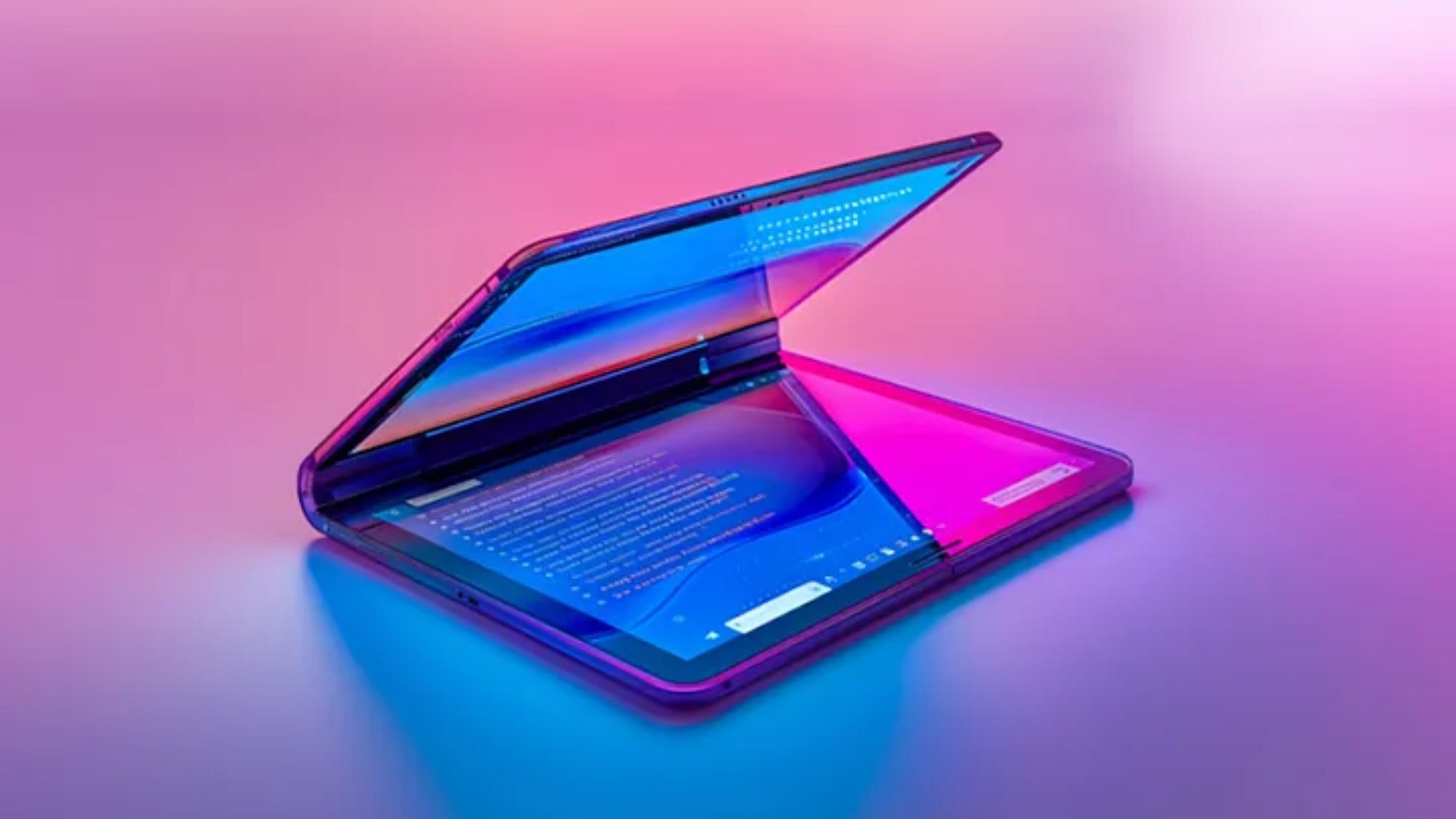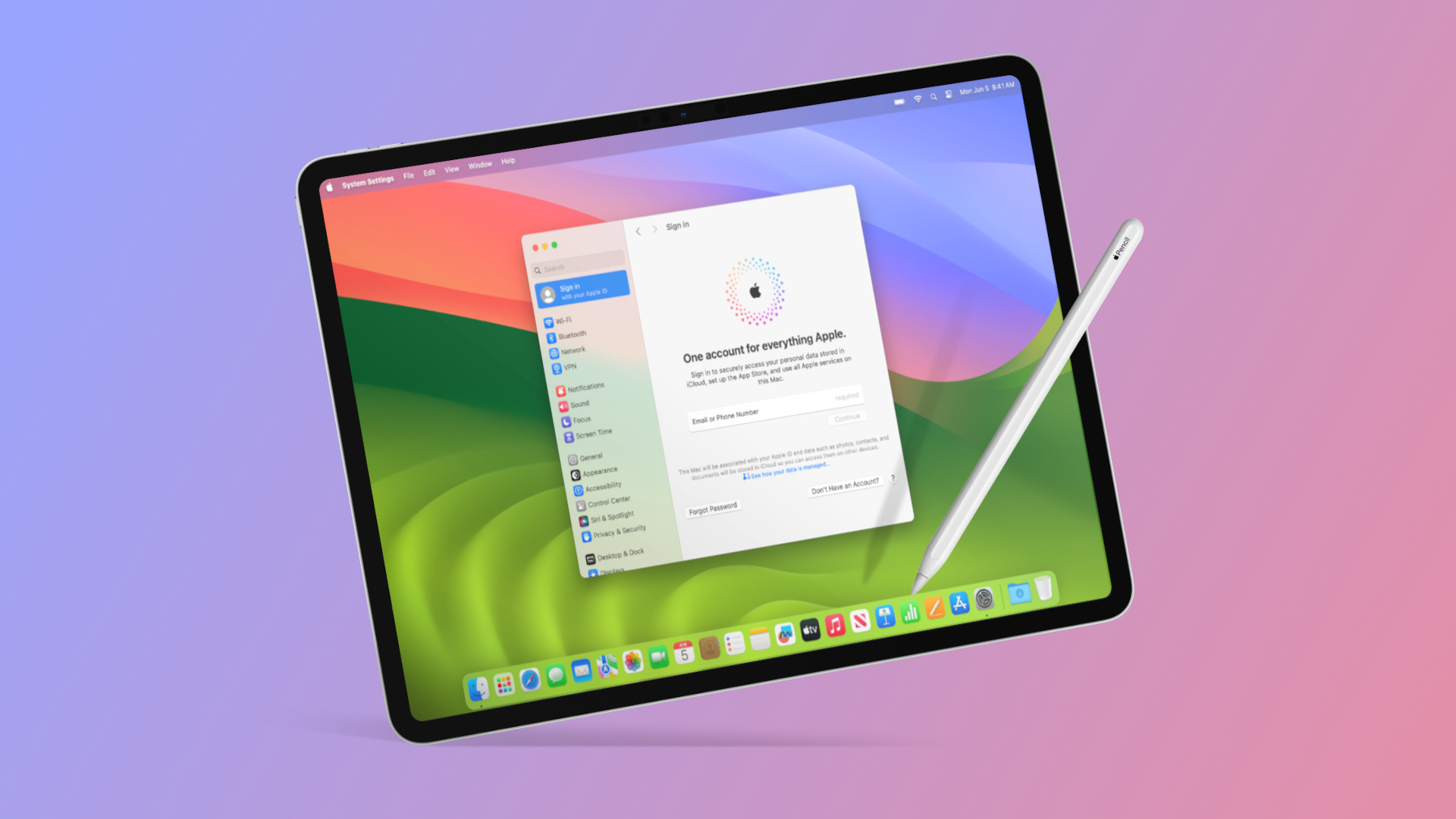
Apple is looking to make a splash by entering the foldable market and taking the fight to Samsung's Galaxy Z Flip/Fold line-up by releasing a foldable iPhone and iPad as early as 2025.
Throwing a wrench into the works, an investor note revealed to MacRumors late last week saw analyst Jeff Pu suggest that Apple's duo of devices could be delayed into 2026.
Pu previously suggested that Apple's foldable iPad could be released in 2025 with a foldable iPhone to follow in 2026, but new information highlighting "display durability issues" now leads them to believe both devices are set to launch in Q2 2026.
While rumors of a foldable iPad release have bloomed, its expected arrival has shifted back and forth over time, with this new predicted window of release bringing us full circle to the mid-2026 date featured in an Apple road map leak from November 2023.
However, regardless of how long we have to wait to see Apple's foldable tablet hit store shelves, it'll all be worth it if Apple finally takes the plunge and brings a long-rumored feature to its reported 20.3-inch foldable tablet.
Foldable iPad or all-screen MacBook, why not both?
While we refer to Apple's upcoming large-screen foldable as an iPad, there's still some uncertainty about whether this is really the case. While the device will no doubt resemble a tablet when laid flat, other analysts have referred to Apple's upcoming foldable as an all-screen MacBook.
This would see Apple not only aping on Samsung's Galaxy Z Flip-Series of devices for its foldable iPhone model but also mirroring Windows laptop releases like the Lenovo ThinkPad X1 Fold 16.
Not only would an all-screen MacBook be Apple's first foldable, but it would also mark the first instance of a MacBook with touch support and considerably blur the lines between the company's laptops and tablets amid a considerable push for them to be viewed as viable laptop replacements.
However, why should Apple's foldable be one of the other? Is it possible for the large-screen foldable to offer a macOS-like experience while at the same time delivering the touch and mobile elements of iPadOS?
It's time for macOS on iPad
Given the new timeline of when we can expect to see Apple's foldable iPad or all-screen MacBook, it's a safe bet to assume that it will at the very least be making use of an M5 chipset — affording it considerable computing power alongside all of the benefits of Apple Intelligence.
If there's one thing the recent launch of the M4 iPad Pro has shown, it's that iPads are now being earmarked as genuine candidates for laptop replacements. Their ailing and often left-behind software is the only thing holding them back from truly being so.
iPadOS has plenty of positives to talk about, but it often feels like the awkward middle-child of Apple's operating systems — a stretched-out version of iOS to suit a macOS-sized frame, while generally lagging behind both in terms of overall features.
The more powerful Apple's tablets become, the stronger the case that they've potentially outgrown their iPadOS platform, and are now ready to handle some form or version of macOS.

macOS on iPad: Easier said than done
Bringing macOS to iPads, even on large-screen devices with more powerful M5 chips, isn't quite as easy as swapping out one operating system for another. Mainly because macOS has no built-in touch support.
That being said, macOS on iPad isn't a revolutionary concept. And there has been talk of a hybrid or macOS 'lite' featuring on iPad for some years. Apple has reportedly spent a considerable amount of time and effort to develop a "smaller" version of macOS under the code name "Mendocino," which was originally planned to be released alongside the iPad Pro M2.
However, Apple's upcoming foldable seems like the ideal moment to revive Mendocino, with its future hardware best suited to bridge the gap between laptop and tablet in terms of form, power, and function.
While Apple's foldable could be a hit-or-miss venture (with foldable phones and tablets still securing a sturdy foothold in the market), few would sneer at seeing the iPad get a long-needed and long-overdue upgrade in terms of its software and operating system.







